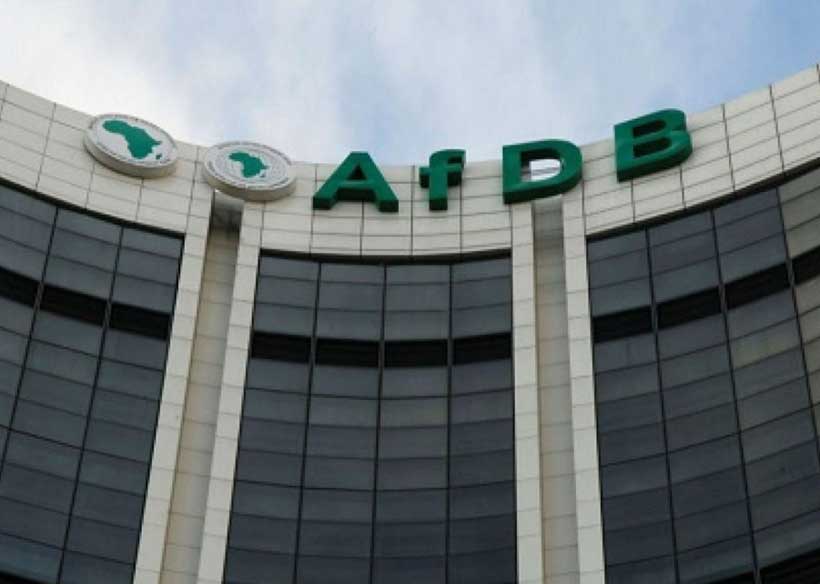South Sudan Launches Tax Institute and NORMA II Project to Boost Non-Oil Revenue
Funded by the African Development Fund with an investment of $8.6 million, NORMA II seeks to expand and institutionalize gains made during the first phase of the project, launched in 2017.

- Country:
- South Sudan
In a major step toward economic diversification and fiscal reform, the Government of South Sudan officially launched two landmark initiatives to strengthen domestic revenue mobilization and accountability: the South Sudan Institute of Revenue Administration (SSIRA) and the second phase of the Non-Oil Revenue Mobilisation and Accountability Project (NORMA II).
The inauguration ceremony, held near the capital city of Juba, was attended by senior government officials, development partners, and civil society stakeholders. This dual launch marks a critical milestone in the country’s ongoing efforts to wean itself off overdependence on oil revenues, which currently make up 60% of GDP, 99% of exports, and 90% of public finances.
Building Revenue Resilience in a Fragile Economy
Funded by the African Development Fund with an investment of $8.6 million, NORMA II seeks to expand and institutionalize gains made during the first phase of the project, launched in 2017. While NORMA I laid the groundwork for the creation of South Sudan’s National Revenue Authority (NRA), this second phase aims to:
-
Strengthen the institutional capacity of the South Sudan Revenue Authority (SSRA)
-
Enhance tax administration and compliance
-
Promote transparency and accountability
-
Explore and implement new revenue streams beyond oil
“We are struggling to fund our development agenda because of our heavy reliance on oil amid volatile global oil prices and operational disruptions,” said Hon. Marial Dongrin Ater, Minister of Finance and Planning and Governor of the Bank of South Sudan. “This project is a game-changer that brings us closer to our non-oil revenue targets.”
SSIRA: A Strategic Investment in Human Capital
The newly inaugurated South Sudan Institute of Revenue Administration (SSIRA) is poised to play a central role in enhancing tax capacity through training, continuous professional development, and institutional learning. It is expected to operate as a national center of excellence for tax administration and policy design.
“SSIRA is not just a building—it’s a strategic investment in human capital,” said Simon Akuei Deng, Commissioner General of the South Sudan Revenue Authority. “It will ensure that our tax strategies are evidence-based and aligned with national priorities.”
The institute will support NORMA II by training revenue officers, building fiscal governance frameworks, and supporting the design of equitable and efficient tax systems.
From $154,000 to $217 Million: A Revenue Turnaround
Between 2017 and 2025, South Sudan’s non-oil revenue collections have increased more than 1,400 times—from a modest $154,000 in fiscal year 2017-2018 to over $217 million in the current fiscal year. However, despite this progress, non-oil revenues still account for just 6% of GDP, well below the East African regional average of 13%.
“This is meaningful progress,” noted Minister Ater. “But we recognize we still have a long road ahead. NORMA II is our commitment to closing the gap.”
African Development Bank Commits to South Sudan’s Transformation
Abdoulaye Coulibaly, Director for Governance and Economic Reforms at the African Development Bank, reaffirmed the Bank’s long-standing support for South Sudan.
“The African Development Bank remains fully committed to supporting the South Sudanese government and people as they work to diversify the economy and lay the foundations for long-term transformation,” he said.
The Bank’s partnership has been instrumental in advancing fiscal reform in fragile states through technical assistance, institutional strengthening, and financial investment.
Tax Reform in Fragile Contexts: Dialogue and Inclusion Matter
On the sidelines of the inauguration, the SSRA hosted a panel discussion titled “Reflecting on South Sudan’s Tax Reform Journey: Achievements, Challenges, and Opportunities Ahead.” The session brought together voices from government, civil society, academia, private sector, and development partners to examine the complex realities of reforming public finance in a post-conflict setting.
Participants highlighted several challenges:
-
Implementing digital tax systems in regions with limited internet access
-
Low public trust in government tax institutions
-
Limited administrative capacity in local tax offices
-
Low levels of formal private sector activity in rural areas
“Building trust begins with transparency,” said Edmund Yakani, Executive Director of the Community Empowerment for Progress Organization (CEPO). “Publishing quarterly revenue data is a start, but it must be consistent. We also need awareness campaigns and local tax forums to engage citizens.”
Looking Ahead: A Blueprint for Economic Independence
With NORMA II and SSIRA, South Sudan is laying the groundwork for a more resilient, self-reliant, and accountable public finance system. These initiatives are not just about tax collection—they’re about nation-building, institutional legitimacy, and fiscal independence in the world’s youngest country.
“As a country, we still have a long way to go,” admitted Minister Ater. “But we are determined to get there—one reform at a time.”










